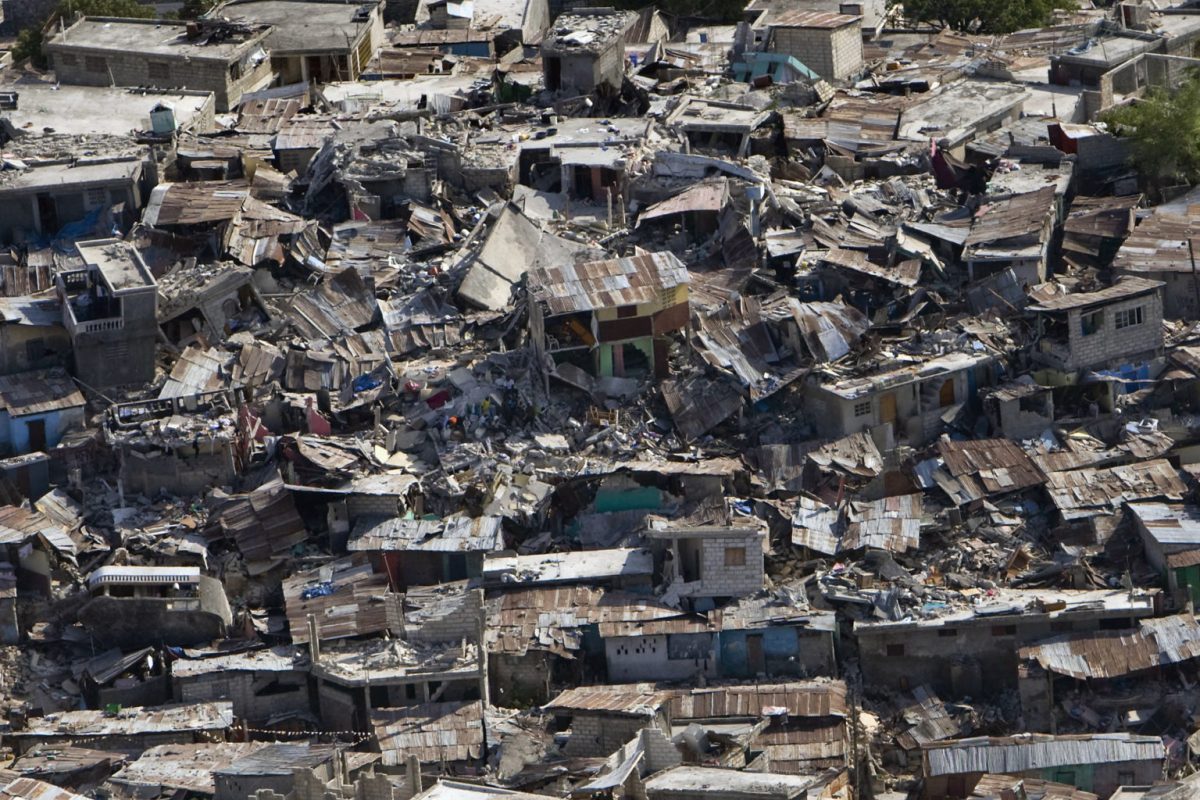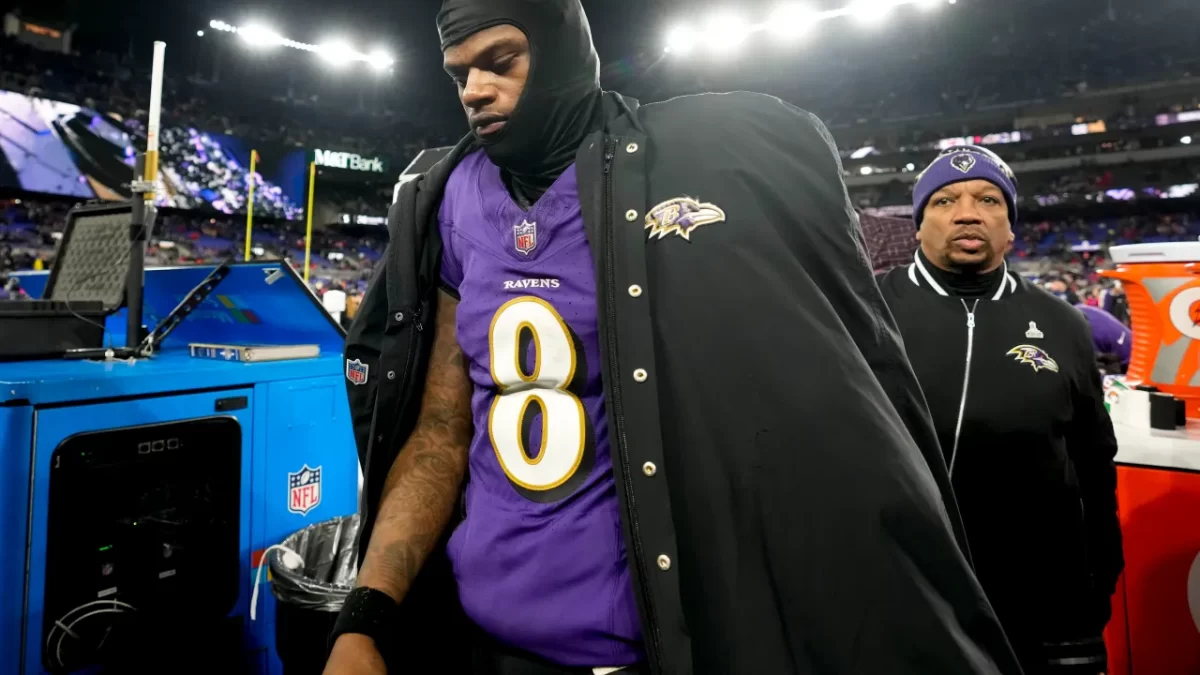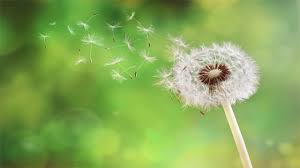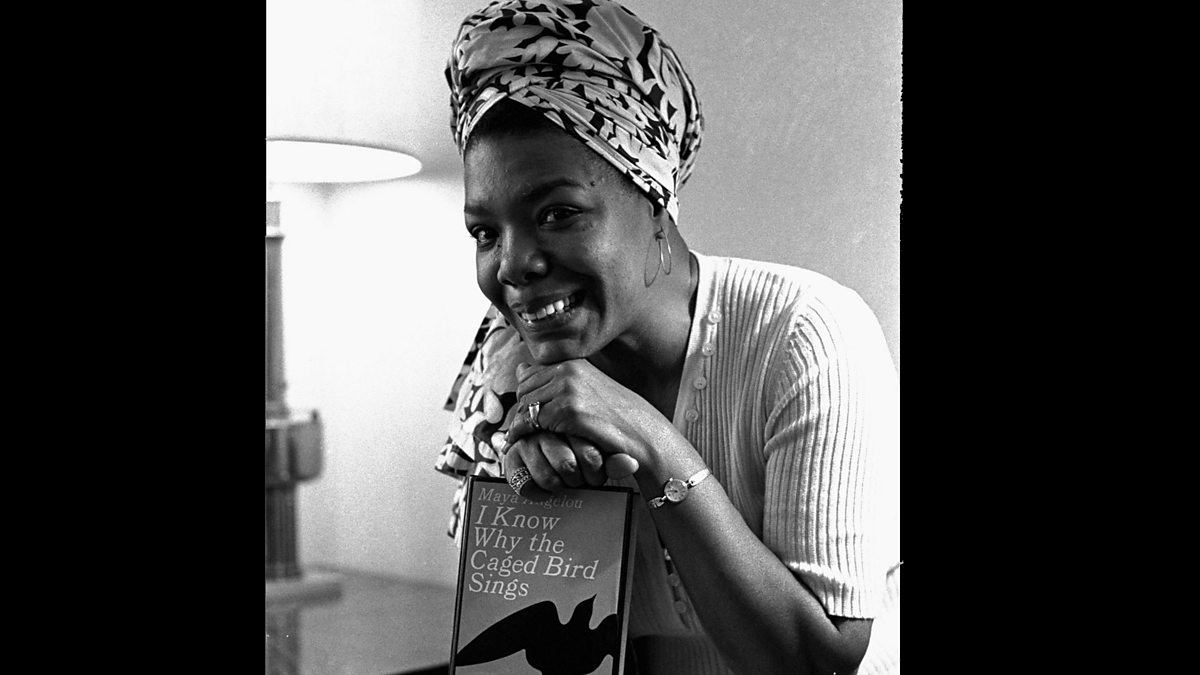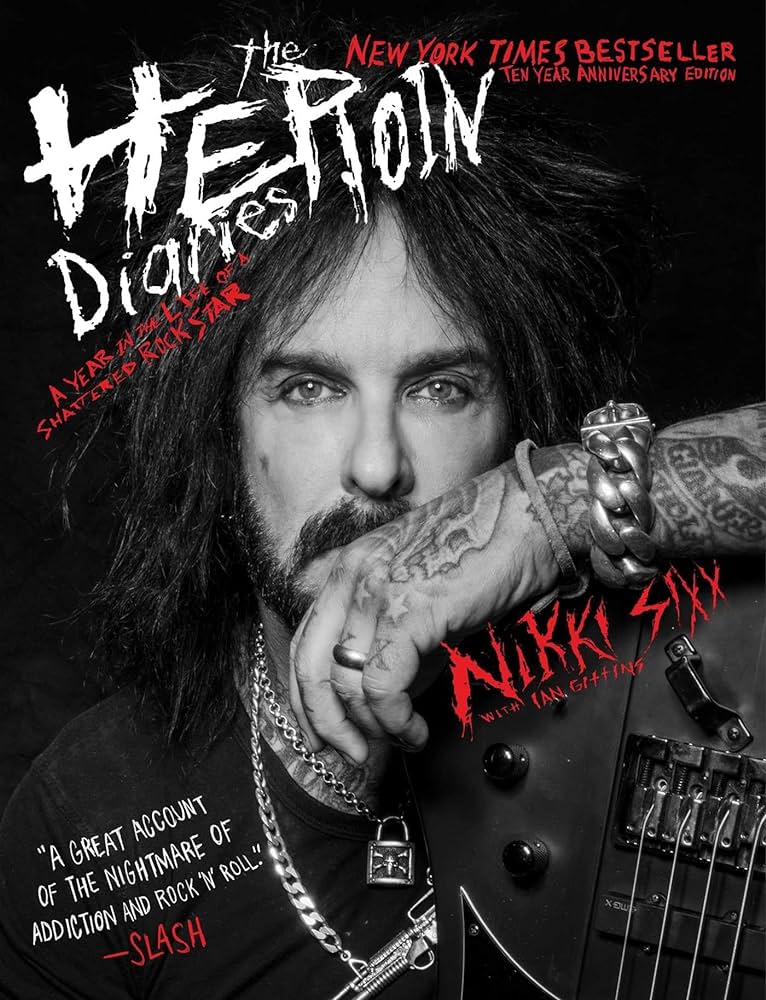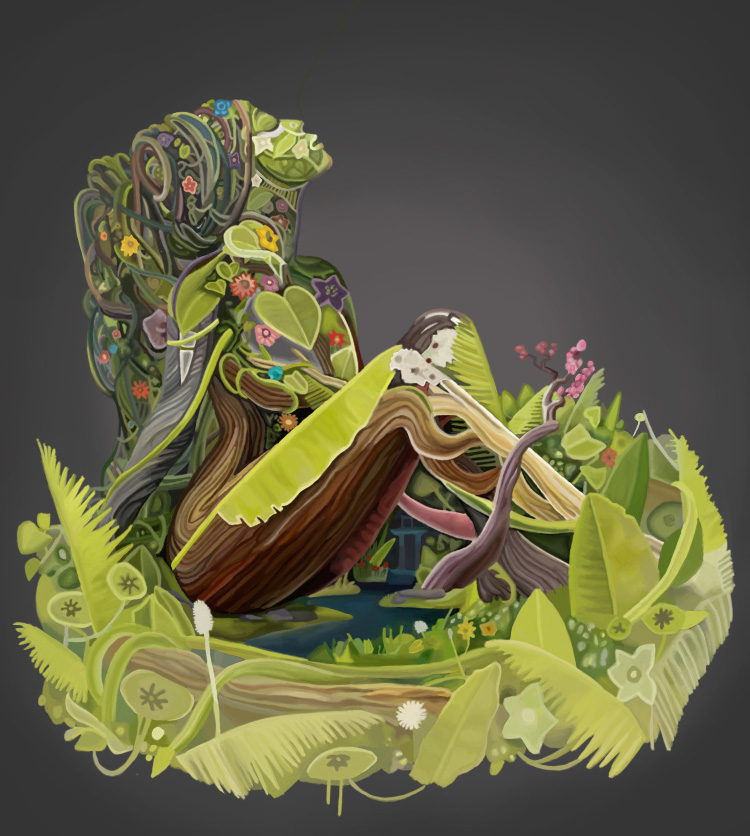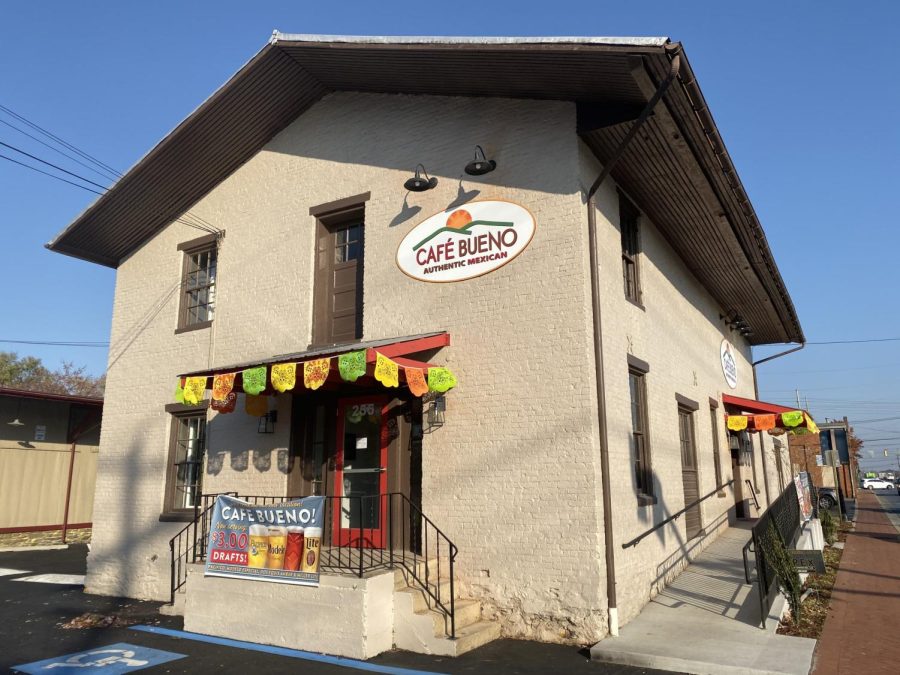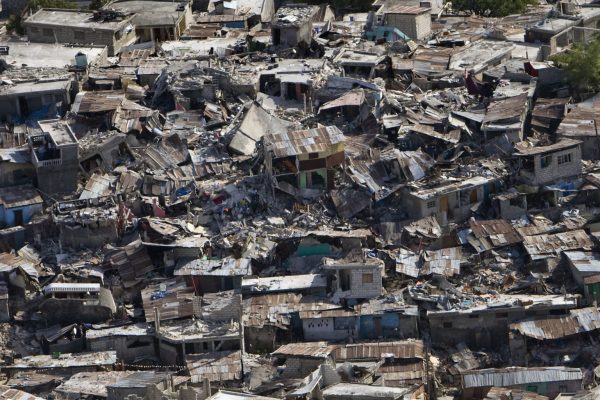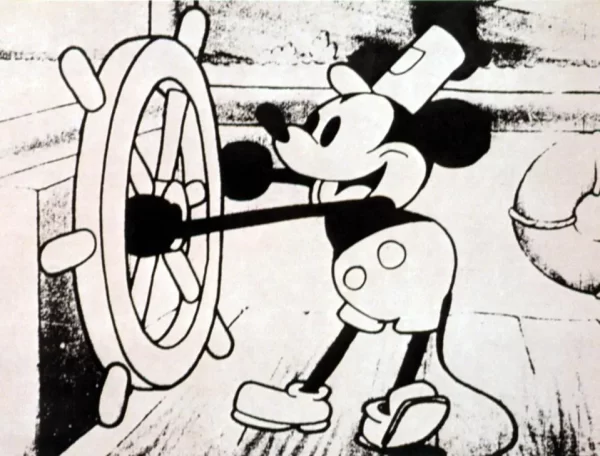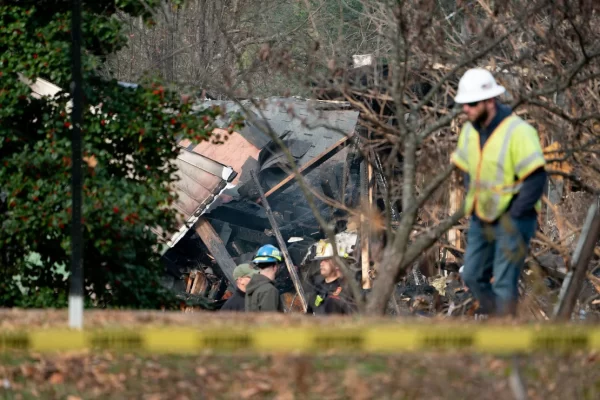Is The Great Barrier Reef Dead? Debunking the myth.
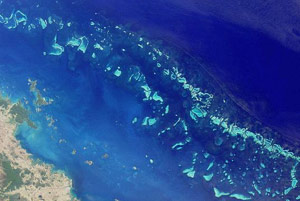
October 26, 2016
On October 11, Outside Magazine published an obituary, declaring the Great Barrier Reef dead. This article has become a sensation online, provoking concern everywhere. Fortunately, the article was either misinformed or exaggerating to the extreme. The Great Barrier Reef, which is 1,400 miles long and home to over 5,000 species of animal, is still alive, but just barely. 93% of the reef is dead or in danger of dying, but there is hope that we can save the remaining 7%.
To fully understand what is happening to the Reef, first we must understand how bleaching happens. Coral is an animal, not a plant. It has a symbiotic relationship with photosynthetic algae, called zooxanthellae, who live in the coral’s skin, giving the coral its color, and provide it with food. In return, the coral provides the algae with a safe place to live. Bleaching happens when the water temperature rises significantly, they are exposed to too much sunlight, harmful chemicals, or the water level is too low. When this happens, the algae produces a form of oxygen that is toxic to the coral and the coral ejects the algae to survive. The coral then looks white and bleached because its skin is actually clear and you are seeing the skeleton. Bleaching is a problem because the algae are the providers of food for the coral and without the algae, the coral will starve to death. Coral can survive a bleaching if the external factors go back to normal within a reasonable time frame, but with rising ocean temperatures bleaching is becoming a real issue around the world.
The rumor that the Great Barrier Reef is dead started because it recently went through a mass bleaching. This is not the only mass bleaching that has happened in recent years. The first happened in 1981, again in the winter of 1997-98, followed by one in 2001-02, and the next in 2005-06. The bleaching from last year is just the next event in a long chain of the Reef’s destruction. Climate change has definitely been a leading factor in the destruction of reefs everywhere, raising the ocean’s temperature little by little every year. Greenhouse gases are also contributing, CO2 dissolving into the ocean and making it more acidic and dissolving the reef. It is not just the environment that is destructive to this ecosystem. The obituary placed blame upon the Australian government for what is happening to the Barrier Reef because they attempted to lease the Reef to oil and mining companies back in the 1960’s. While Australia no longer lets those companies into the Reef, they recently pressured the United Nations to remove the bleachings from a report on climate change, afraid that it would discourage tourists from coming to see what is left of the Great Barrier Reef. To make up for this, the government released the Reef 2050 Plan annual report on September 28. They put forth a $2 billion investment towards the Reef and its future health. The investment is really paying off. Since the announcement, 29 of the 151 intended actions have been accomplished, but the government has noted that the plan needs to be accelerated if they want to continue with this success.
Scientists are afraid that this obituary will make people think that the Reef is past the point of return. Rowan Jacobsen, who wrote the obituary, is not a scientist, merely a food and environmental writer for Outside Magazine which is part of the reason scientists are worried. Most people are taking this article at face value, assuming that the writer does have some sort of scientific prowess. Many scientists have taken to social media, mainly Twitter since that is where the obituary premiered, to try and deny that this is something we can’t fix. They are trying to stress that the obituary was highlighting how urgent the Great Barrier Reef’s situation is. Despite this recent claim, many companies, scientists, and charities are working hard to preserve the Reef for future generations. It’s not dead yet.



